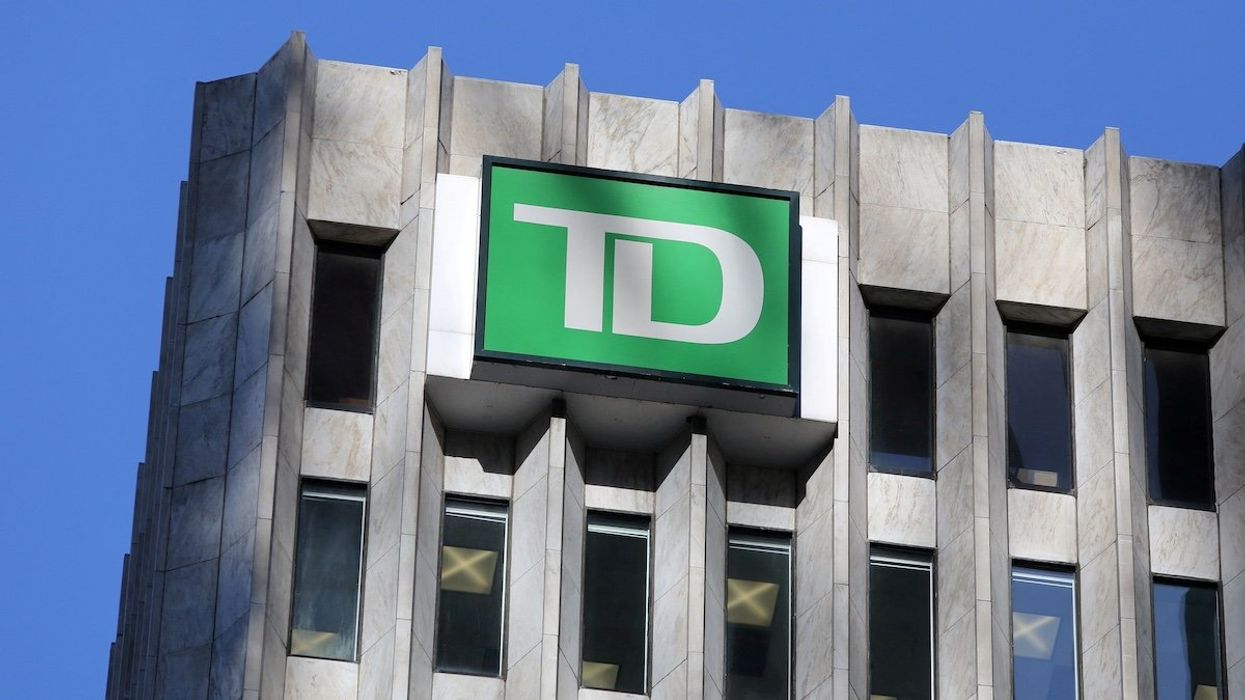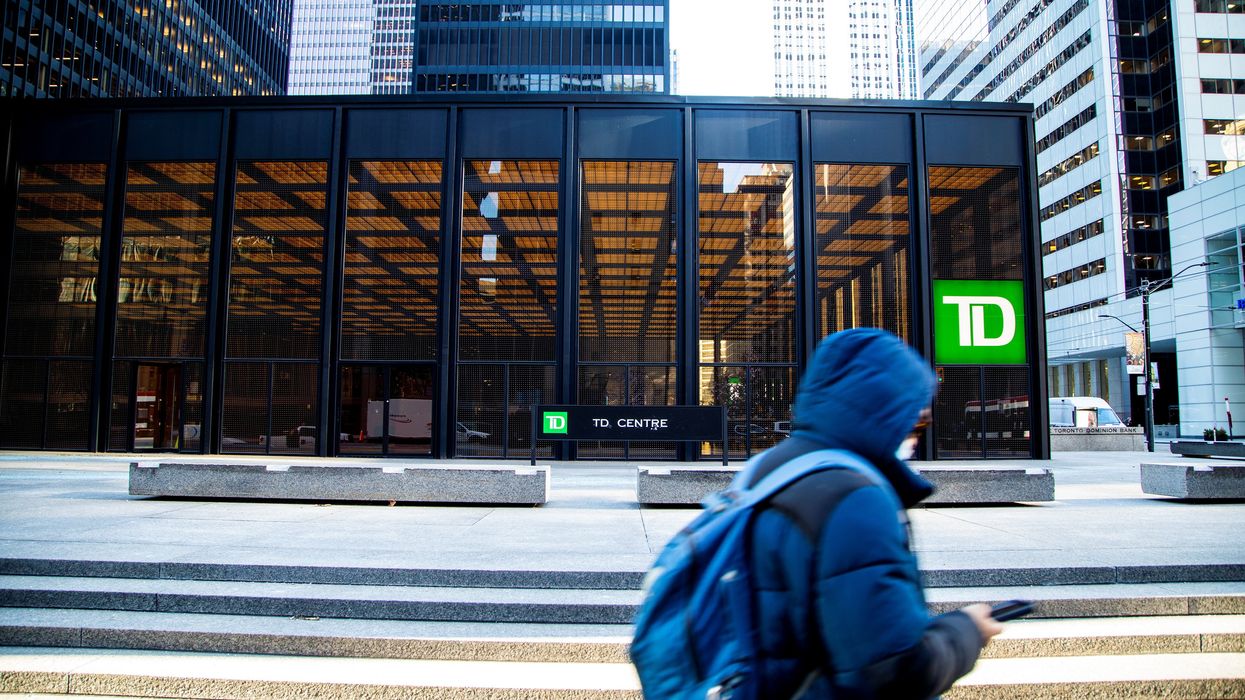What We're Watching
TD Bank guilty of money laundering
Two US subsidiaries of Canada’s second-biggest bank agreed last week to pay $3 billion US in fines, pleading guilty to conspiring to money laundering in the United States and giving the bank a huge black eye.
Oct 17, 2024


